
Sir, most of the private enterprises in Vietnam today are mainly small in scale, tend not to increase much and small and medium enterprises (SMEs) still face many barriers. So, what is the reason, sir?
According to the General Statistics Office ( Ministry of Finance ), Vietnam has nearly 1 million enterprises, of which SMEs account for 97%, contributing more than 40 million jobs, accounting for 82% of the total workforce of the economy. SMEs also contribute 51% of GDP and more than 30% of the State budget.
Compared to large corporations, SMEs are more adaptable to market fluctuations. Many businesses also act as suppliers and partners of large corporations, thereby creating a sustainable value chain. I think there are three main reasons why SMEs currently “don’t want to grow up”.
The first is the tax burden and compliance costs. The World Bank's Doing Business report said that a small business in Vietnam spends an average of 384 hours a year complying with tax regulations, higher than in many countries in the region.
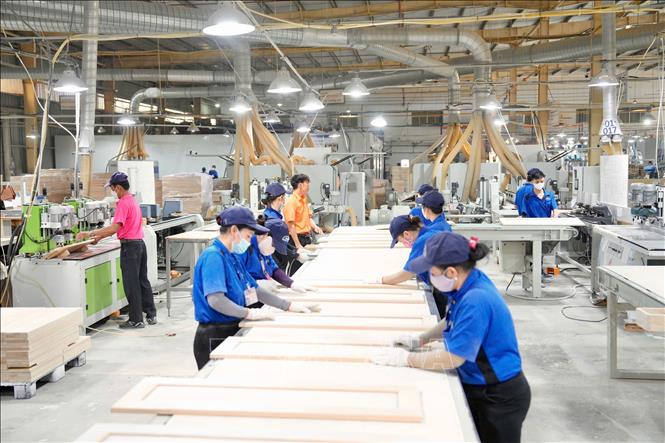
The second is the capital problem. According to the State Bank of Vietnam (SBV), up to 70% of SMEs have difficulty borrowing from banks due to lack of collateral and transparent credit history. In addition, regulations on business registration, tax, and labor are still overlapping, making many business households reluctant to convert into enterprises.
Third, businesses have difficulty expanding their scale, lack high-quality labor, and find it difficult to compete with large corporations in terms of brand, price, and resources. Not to mention the risks of policies and the business environment, which make them hesitant to expand their scale.
With more than 5 million business households, most of these business households have no motivation to transform into formal enterprises despite Vietnam having many incentive policies. When becoming formal enterprises, they are afraid of increasing legal compliance costs and costs of implementing other regulations.
Household businesses are currently less constrained by regulations on food safety, fire prevention, labor, environment, etc. Along with that is a group of policies on taxes and fees. If a business is officially established, it is necessary to open accounting books and carry out many other procedures. This is one of the major obstacles to the development of private enterprises in Vietnam. Individual business households always want to stay in the "gray zone", the area where the implementation of legal regulations is not really thorough.
For new solutions and levers, in your opinion, what real solutions do businesses need?
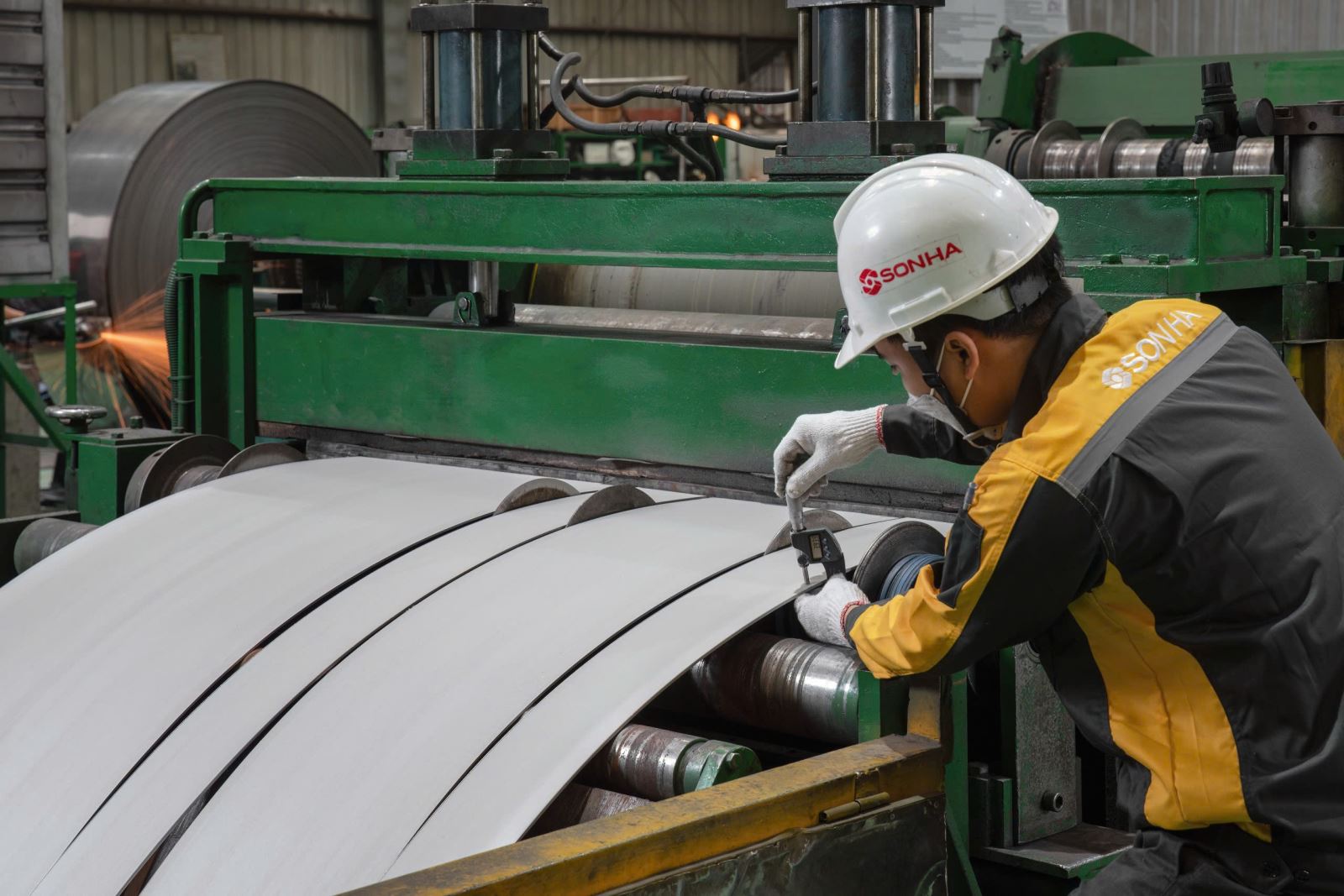
Ministries and sectors need to divide businesses' needs into five groups, including market, finance, investment, human resources and administrative procedures. At the same time, digital transformation and green transformation should be combined in international economic integration.
In addition, in terms of general guidelines, there are the Law on Support for SMEs, the Law on Enterprises, etc. Therefore, support programs need to demonstrate compliance with administrative procedures and costs must be less than 1% of SMEs’ revenue. If the fee is above 1%, it will be difficult for businesses to develop.
In addition, there needs to be unified and synchronous multi-sectoral coordination, so that the combination of State capital with capital from private enterprises and financial institutions of international organizations must be inter-sectoral; include a set of criteria for evaluating KPI indicators on finance, employment, labor productivity, green production, etc. in Resolution 01 every year.
In order for SMEs to "take off", in the coming time, it is necessary to move from the position of the provider to the role of co-creator, co-investor and risk-sharer. Consider merging the Enterprise Law and the Law on Support for SMEs, which were issued in 2017 due to overlap. By 2027, it is recommended that ministries, branches and localities digitize 100% of administrative procedures through a single-window system.
At the same time, Vietnam needs to create a fair competitive environment, limit the situation where state-owned enterprises and large enterprises have too much advantage, causing difficulties for SMEs. Economic motivation by reducing and simplifying legal regulations. Especially regulations on taxes and fees, so that enterprises have a simple and friendly system of tax, fee, labor regulations...
Vietnam needs to establish a credit guarantee fund for SMEs. Vietnam needs to develop human resources and support innovation, build a training ecosystem for small businesses. We also need to support businesses in applying technology, establish technology transfer centers to help businesses access modern production technology at reasonable costs...
So, how should the business community adapt in the current pressure context, sir?
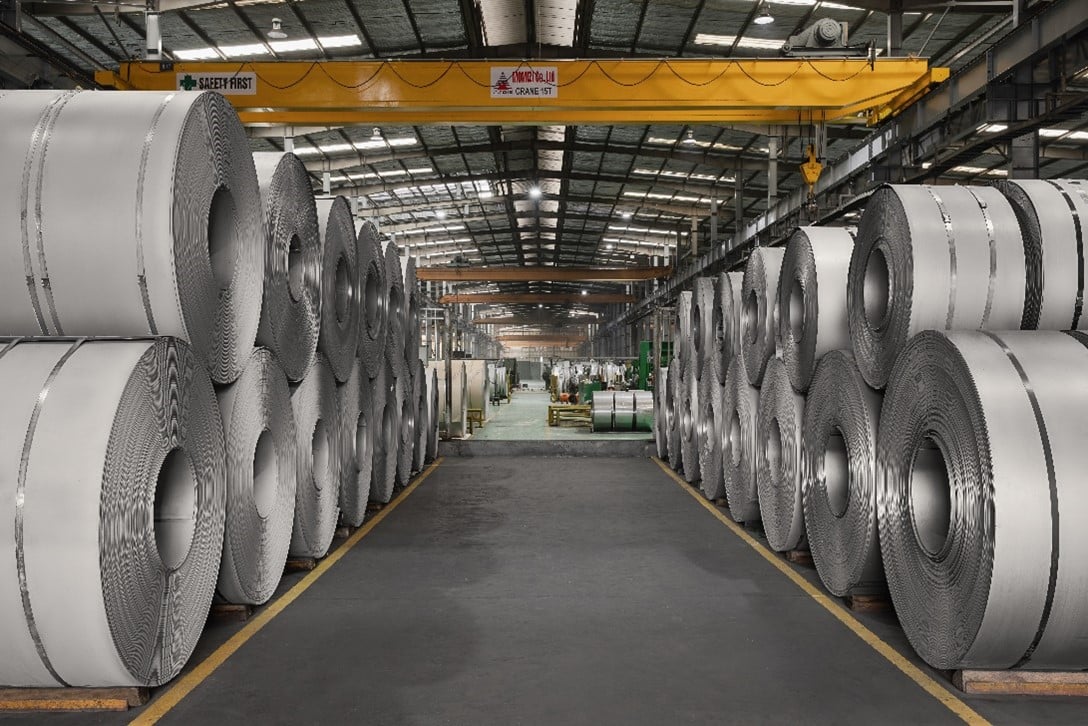
SMEs need to build a long-term development strategy. In particular, this group of enterprises needs to restructure their business model. Enterprises need to build a development strategy for each stage, not just stopping at a small scale.
SMEs can focus on niche markets. Successful businesses often start from narrow markets and then gradually expand their scope of operations. SMEs need to enhance their innovation capacity and promote digital transformation. In addition, they need to apply technology in production and operations, such as AI, big data and IoT... These applications can help businesses optimize costs and improve productivity.
Thank you very much!
Source: https://doanhnghiepvn.vn/doanh-nghiep/tao-don-bay-moi-cho-doanh-nghiep-nho-phat-trien/20250502080847667




![[Photo] Prime Minister Pham Minh Chinh chairs a meeting on the implementation of the Lao Cai-Hanoi-Hai Phong railway project.](https://vphoto.vietnam.vn/thumb/1200x675/vietnam/resource/IMAGE/2025/5/20/0fa4c9864f63456ebc0eb504c09c7e26)








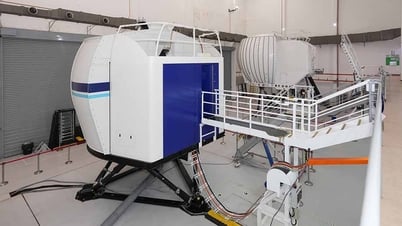


























































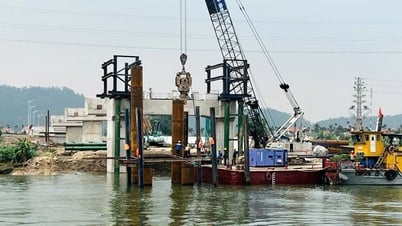

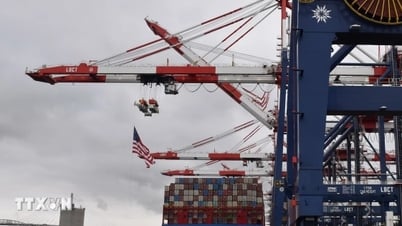



















Comment (0)